Octopus: Mining Space and Terrestrial Data for Improved Weather, Climate and Agriculture Predictions
Approved by the CODATA 28th General Assembly,Taipei, 2012
Terms of Reference of the Task Group
The main aim of OCTOPUS is two-fold – to develop and apply enhanced data mining techniques for detecting, visualising and analysing the interactions and dynamics of space and terrestrial weather and to measure their impact on terrestrial phenomena. Its specific terms of reference are as follows:
- To explore the theoretical and empirical bases for the relationship between space and terrestrial weather based on historical and predicted data.
- To develop enhanced data mining methods for studying associations between the key parameters of terrestrial and space weather.
- To develop a general framework for associating space and terrestrial weather with terrestrial parameters such as agricultural productivity and water sources.
- To develop an integrated tool for monitoring and modeling variations and associations of the above parameters.
- To support young scientists & researchers within OCTOPUS’ research area.
Membership
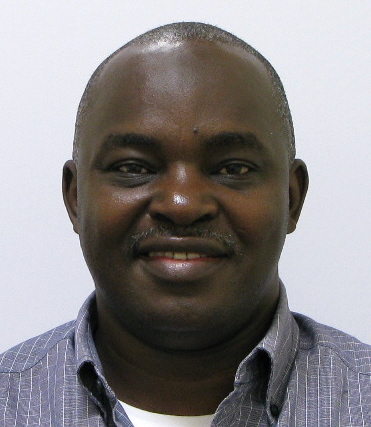 |
Chair: Dr Kassim S. Mwitondi
Sheffield Hallam University Faculty of Arts, Engineering, Computing and Sciences United Kingdom K.Mwitondi@shu.ac.uk mwitondi@yahoo.com |
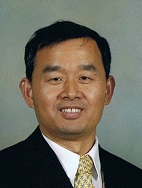 |
Co-Chair: Kehe Wang
Manager of World Data Center IPS Radio and Space Services Bureau of Meteorology, Australia k.wang@bom.gov.au |
|
Dr YuTao
National Satellite Meteorological Center China Meteorological Administration Beijing, China yutao@nsmc.cma.gov.cn |
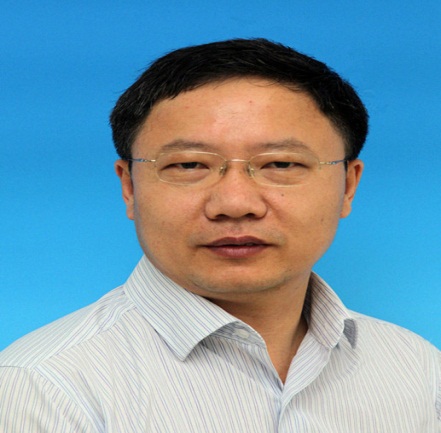 |
||
|
Dr Rida Moustafa
Department of Statistics George Washington University Washington, DC shalash@gwu.edu |
Dr Raphael Mmasi
Tanzania Commission for Science and Technology (COSTECH) Dar-Es-Salaam. Tanzania rmmasi@costech.or.tz |
||
|
Dr Raed Said
Al-Ain University of Science and Technology United Arab Emirates raeed.tawfeq@aau.ac.ae raedsaeed@yahoo.com |
Dr. Adil E. Yousif
Department of Mathematics and Statistics Qatar University Doha, Qatar aeyousif@qu.edu.qa |
||
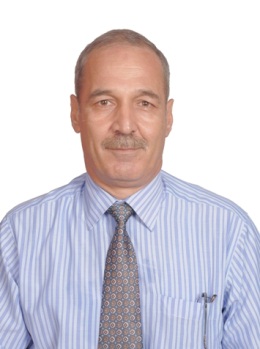 |
Dr. Abbas F. M. Alkarkhi
School of Industrial Technology Universiti Sains Malaysia (USM) 11800 Penang. Malaysia http://www.indtech.usm.my/abbas abbas@usm.my CC alkarkhi@yahoo.com |
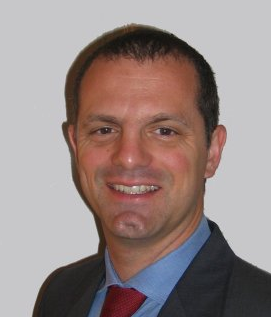 |
Prof. Paolo Gregorio Brunasti
Department of Statistics and Quantitative Methods University of Milan-Bicocca paolo.brunasti@unimib.it |
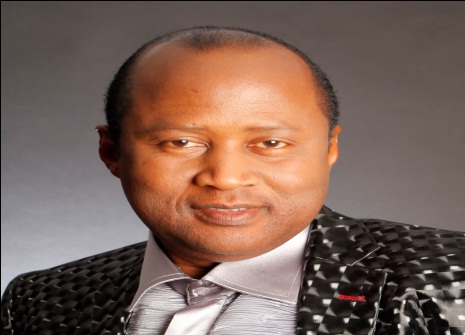 |
Dr Mohamed Dawo
Institute of Integrative and Comparative Biology Faculty of Biological Sciences University of Leeds, Leeds LS2 9JT United Kingdom. M.I.Dawo@leeds.ac.uk |
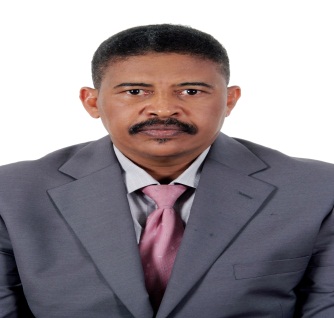 |
Dr Rifaat K. Hassona
Central Laboratories, Radiation Measurements Labs Qatar Ministry of Environment rifaatk@hotmail.com |
|
Muhammad Ayyaz Ameen
Manager – Space Weather Monitoring Division (SUPARCO) Karachi, Pakistan http://www.suparco.gov.pk ayazamin@yahoo.com |
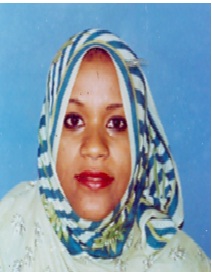 |
Miss Miza Khamis
Ministry of Agriculture and Natural Resources. Department of Forestry And Non Renewable Natural Resources Zanzibar. Tanzania mizakhamis@gmail.com |
|
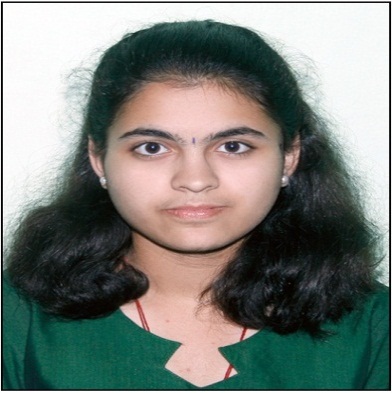 |
Ms. Sargam M. Mulay
Junior Research Fellow Inter-University Centre for Astronomy and Astrophysics Department of Science and Technology. Pune, India. sargamastro@gmail.com |
Prof. Tarig El Gamri (PhD)
Head – Water Resources Department Desertification Research Institute The National Centre for Research Sudan Academy of Sciences Code 11111, PO Box 728 Khartoum, Sudan tarig_ncr@yahoo.com |
